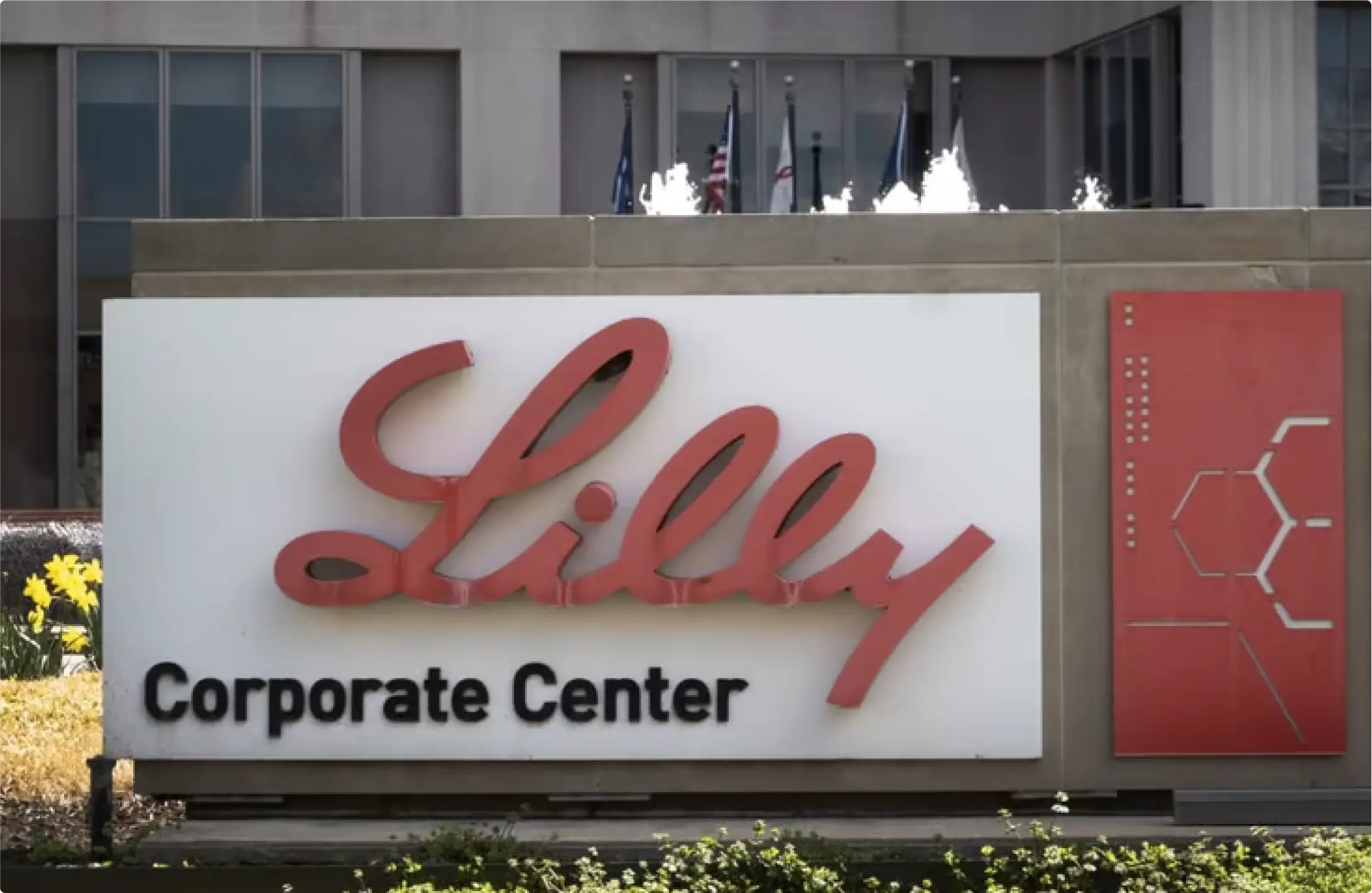
Managing Stress and Its Impact on Cardiopulmonary Health
Stress is a universal experience, and while occasional stress can motivate action, chronic stress can have significant…
The mission of RMCHCS is to serve God by making a profound and lasting difference in the health and quality of life for all people in the community.
Substance abuse is a growing concern in society today. With multiple contributing factors, one of the most important aspects of prevention lies in developing certain skills. At RMCHCS (Rehoboth McKinley Christian Health Care Services), our addiction medicine specialists work closely with individuals to identify these skills and provide the tools needed to prevent substance use disorders. Among the many strategies available, two critical skills can help individuals avoid substance abuse: resilience and emotional regulation.

Stress is one of the leading triggers for substance abuse. Resilient individuals are better equipped to handle stress in healthy ways, such as through problem-solving, seeking support from loved ones, or engaging in relaxing activities like meditation or exercise.
Resilient individuals do not rely on substances to escape negative emotions. They have developed the emotional strength to face hardships and use positive coping strategies instead.

At RMCHCS, we help individuals build resilience through various therapeutic interventions, such as cognitive-behavioral therapy (CBT), mindfulness-based practices, and support groups. These approaches strengthen an individual’s mental and emotional fortitude, teaching them to manage adversity without resorting to drugs or alcohol.
People who lack emotional regulation often feel overwhelmed by their emotions and may turn to substances to “escape” or temporarily alleviate distress. Learning to express emotions in healthy ways—through talking, journaling, or creative outlets—can reduce the temptation to turn to drugs or alcohol.
Effective emotional regulation also means having better control over impulses, including the urge to use substances as a way of coping. With proper training, individuals can learn to delay gratification and make healthier decisions in moments of emotional turmoil.

If you or someone you know is struggling with substance abuse or at risk of developing a substance use disorder, our team of addiction medicine specialists at RMCHCS is here to help. We offer a comprehensive approach to addiction treatment, focusing not only on the immediate issues but also on long-term strategies to prevent relapse. By teaching essential skills like resilience and emotional regulation, we empower individuals to take control of their lives and break free from the cycle of addiction.
Substance abuse prevention is a lifelong journey, and with the right support, anyone can learn to develop the skills needed to live a healthier, substance-free life. Reach out to us today to learn more about our addiction services and how we can support you on your path to recovery.

Stress is a universal experience, and while occasional stress can motivate action, chronic stress can have significant…

Smoking is one of the most preventable causes of death and disease worldwide, yet it remains a significant health challenge.

Sleep is not just a luxury but a necessity that directly impacts mental, physical, and behavioral health.

Call 505-863-7000
1901 Red Rock Drive,
Gallup, NM 87301
6:30 AM – 9:00 PM
Opened (M-F) 6:00 AM- 5:30 PM
24/7
Are you sure you want to open this job?